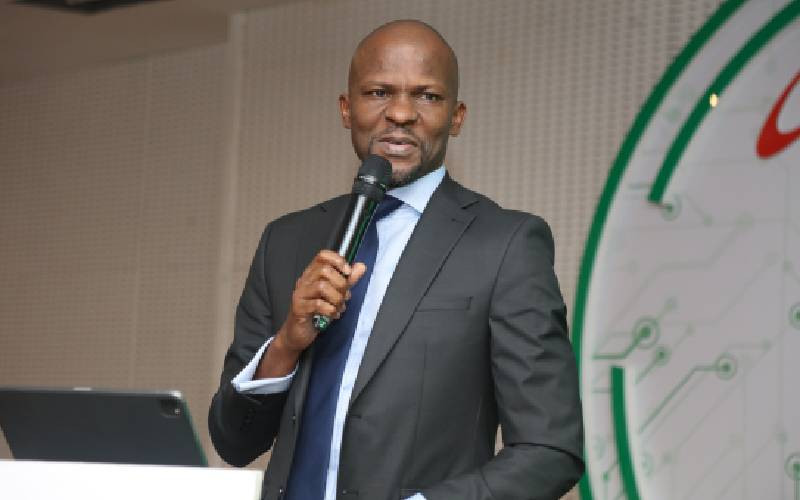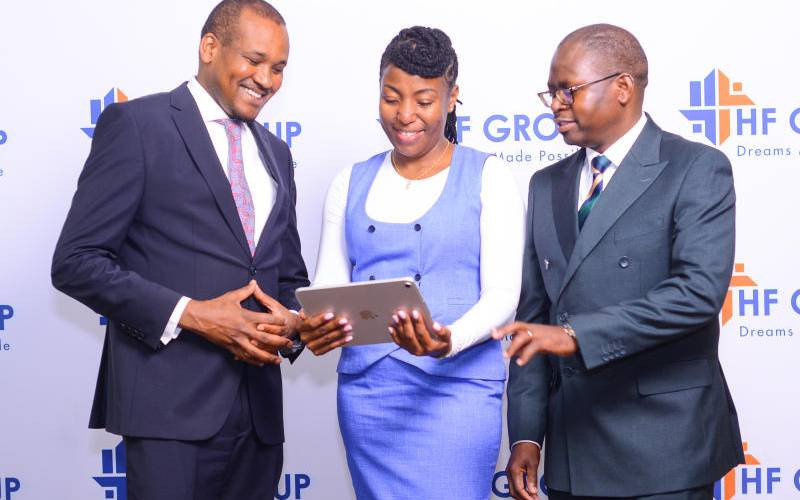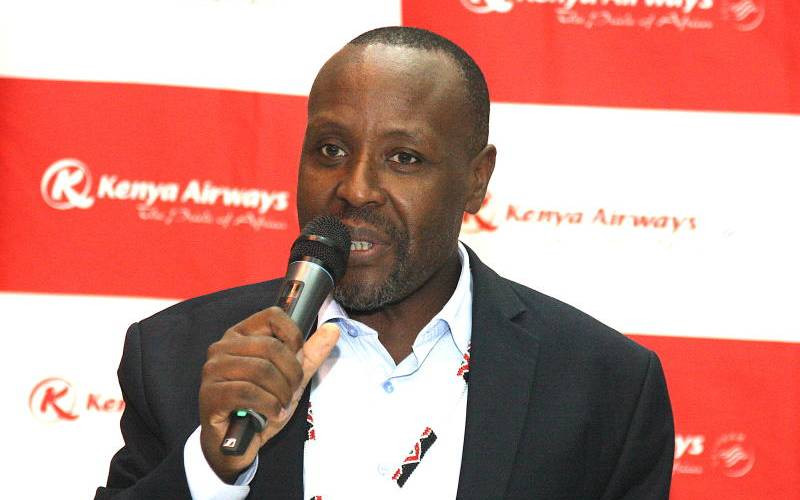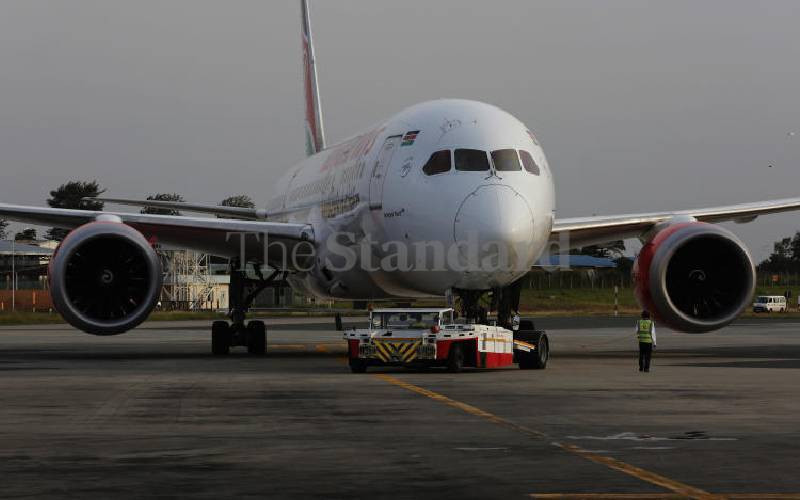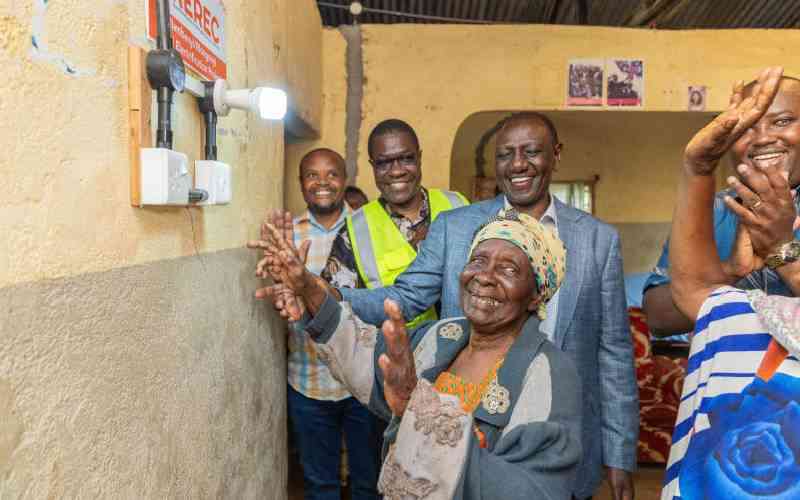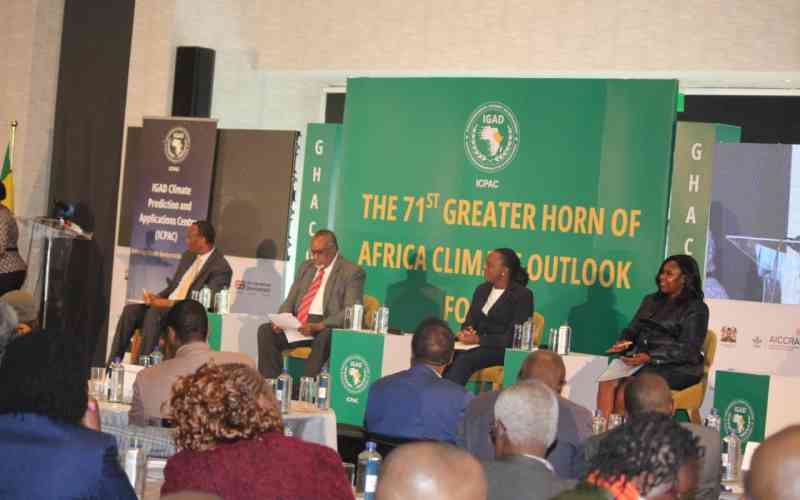
Cabinet Secretary for Environment, Climate Change, and Forestry Deborah Mlongo Barasa at the opening of the 71st Greater Horn of Africa Climate Outlook Forum (CHACOF 71).[Benard Orwongo, Standard]
The 71st Greater Horn of Africa Climate Outlook Forum (GHACOF 71) has officially opened in Nairobi with a call for stronger collaboration on climate services to help communities cope with rising climate-related risks.
The two-day forum, themed “Climate Services for Bridging the Early Warning Gap Together,” has brought together climate scientists, policymakers, researchers, development partners, the private sector, and sectoral users.
During the event held in Nairobi, delegates will review the performance of the June to September 2025 season, present the regional climate outlook for October to December 2025, and discuss strategies to manage the forecast’s implications.
In an opening speech, Environment and Climate Change Cabinet Secretary Debora Barasa stated that the region is facing growing threats from erratic rainfall, prolonged droughts, and devastating floods.
She noted that such risks cut across borders, demanding shared knowledge and coordinated action.
“The Greater Horn of Africa is becoming increasingly vulnerable to climate extremes. Addressing them requires more than awareness; it calls for timely information and a united regional approach,” said Barasa.
She added that GHACOF, established 28 years ago, has become a cornerstone in helping governments and communities translate forecasts into solutions.
IGAD Deputy Executive Secretary Mohamed Abdi Ware echoed her concerns, warning that familiar weather patterns in the region have become unpredictable, with harsher droughts and sudden floods now the norm.
“One of the most powerful tools we have is climate information. When it is timely, reliable, and accessible, it saves lives and protects livelihoods. When it fails to reach the last mile, the cost is human suffering,” he said.
Abdi urged governments, scientists, and development partners to link science with policy and translate forecasts into early action.
Kenya Meteorological Department Acting Director Edward Muriuki said early warning systems will be key to reducing losses from climate disasters.
He emphasised the need for investment and collaboration to ensure that accurate forecasts reach even the most vulnerable communities.
“The effectiveness of early warning systems depends on collective action. We must ensure warnings reach everyone. This forum is a critical step to develop early warning protocols and educate our people on how to respond,” Muriuki said.
The forum, organised by IGAD’s Climate Prediction and Applications Centre (ICPAC) in collaboration with the Kenya Meteorological Department and other partners, will continue until Tuesday.
Stay informed. Subscribe to our newsletter
